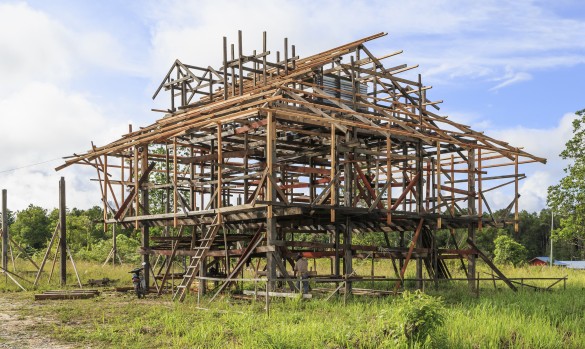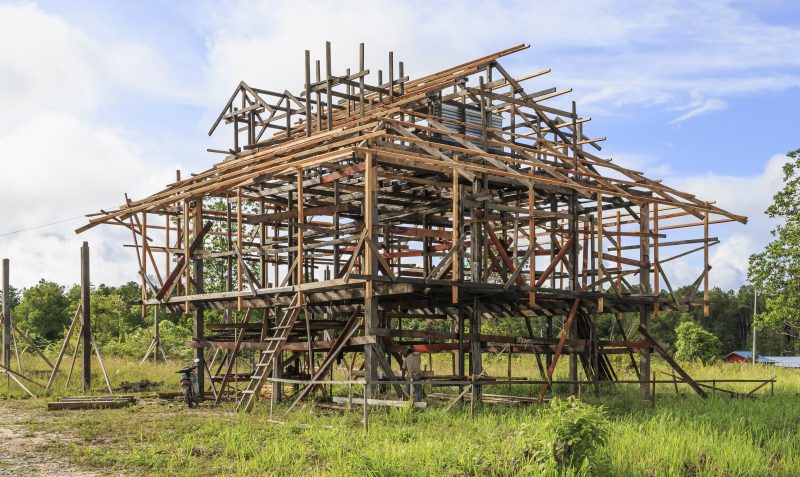Despite the goal of Indonesia to increase its foreign direct investments and its massive tourism growth, foreigners in the country are still not allowed to own a piece of its land.
Foreigners flock to Indonesia for a variety of reasons. Those who find themselves in Bali are either eager to complete their Eat, Pray, Love journey or capitalize on the robust tourism growth. The hot Indonesian island of beautiful beaches, charming rice paddies and gorgeous coral reefs attract around 5 million foreign tourists alone, according to Bali Provincial Tourism Service.
But there’s a caveat. “It is not allowed for [a] foreigner to own a single inch of land in Indonesia. This is as stipulated by the National Constitution,” agrarian affairs minister Ferry Mursyidan Baldan once said.
They can use the land legally through a foreign-owned investment company (PMA). With a PMA, they can already be entitled to a hak pakai (right to use) and hak guna bangunan (right to build with a commercial title).

Also Read Not Just Expats, But ‘Non-Native’ Locals Are Not Allowed To Own Land In Yogyakarta
Under hak guna bangunan, foreigners can lease and build on the land for up to 80 years (50 years initially, but this can be extended by 30 years more). In hak pakai, they can use the property via a freehold title between 25 and 70 years.
This sounds like a good deal except for the fact that foreigners have to meet strict requirements such as no renting of property to a third party, buying the land at a fixed minimum price depending on the region, and purchasing the property only from a developer. Further, they continue to struggle with getting a mortgage as local financial institutions are more likely to reject applications under hak pakai.
The desperate need to own (hak milik) then often drives foreigners to use a nominee, whereby a local buys the land on their behalf.
This is where things can become dangerous. First, the scheme itself is illegal, and although the government hasn’t cracked down yet, it can perform ‘surveys’. If discovered, the government can either transfer ownership to the nominee completely or simply repossess it. Either way, the foreigner ends up with no land if the government see what they’re doing and decides to act.
Moreover, even if there’s no survey, foreigners are still vulnerable to fraud, loss during disputes, deportation and a more complicated tax process.
Because the risks are severe, foreigners are better off with a long-term lease for now. Hopefully, if they’re granted one, they will have enough time to wait for the government to change their minds and eventually ease land ownership rules in the years to come.
Image Credits: Pixabay, Wikimedia Commons




